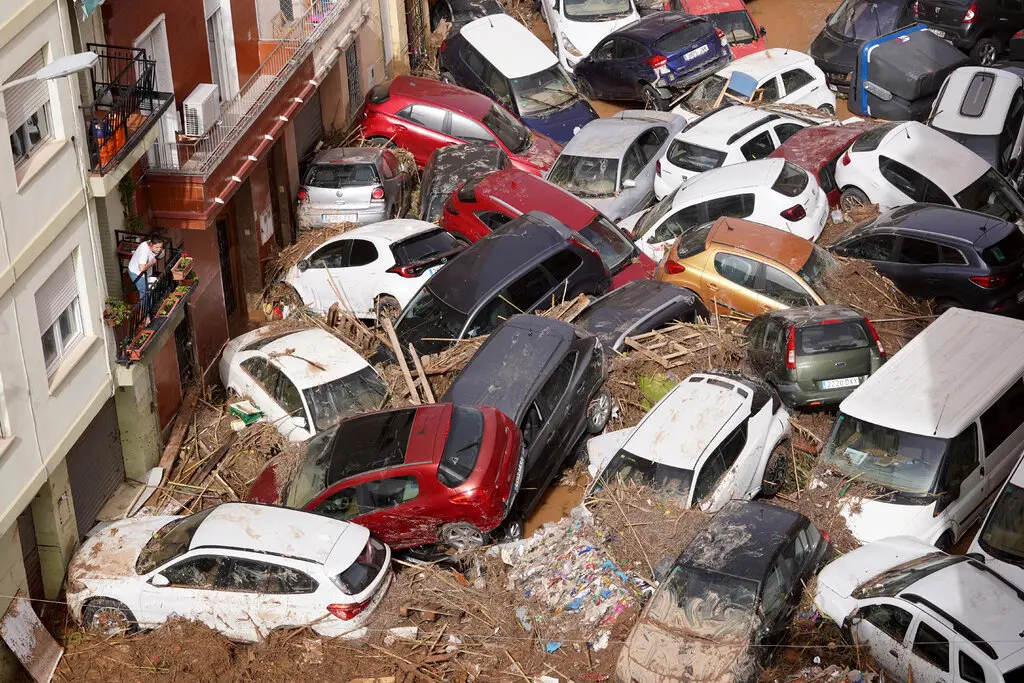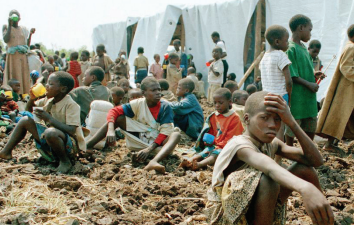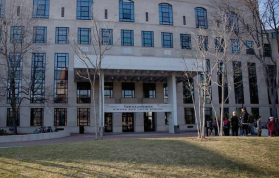Since October 29th, 2024, Spain has been experiencing extreme rainfall along its eastern coastline, particularly near Valencia. This is a result of a low-pressure area in the Gulf of Cádiz off southern Spain, which generates warm air over the Balearic Sea, condensing in the air and forming large clouds. The heavy downpours have led to flash floods, destroying everything in their path and leaving billions of dollars worth of damage behind, alongside an overwhelming deluge of mud. Over 200 bodies have been recovered, while some are still unaccounted for.
At around 5:00 AM, Spain’s meteorological office issued orange warnings, which according to The Spanish National Weather Service (AEMET) mean everyday outdoor activities might be affected, indicating significant risk. At 7:36 AM, the alert changed to red, signaling extreme risk and unusual meteorological phenomena of exceptional intensity. While several municipalities had already raised the alarm in advance, the regional government in Valencia lagged far behind, only alerting its inhabitants when the water was knee-high.
Numerous Spaniards protested against the Valencian government’s response, calling for the resignation of Carlos Mazón, president of the region of Valencia, and Prime Minister Pedro Sanchez. On November 2nd, over 100,000 protesters took to the streets in Valencia. They criticized the region’s slow response to issue a warning, condemning aid efforts, as some towns waited days before receiving help. They also blamed the federal government for not declaring a state of emergency, as individual regional governments were left scrambling to help themselves. Mazón himself called out the government and the Spanish Military Emergencies Unit, while the federal government under Prime Minister Pedro Sanchez insisted it had done all it could to warn people and provide aid. When the Spanish royalty and prime minister visited the ravaged areas, they were pelted with mud by angry citizens.
Cleanup efforts were underway immediately after the floodwaters started to subside, led by thousands of volunteers, who used brooms to sweep away the mud. Days later, thousands of mobilized soldiers, police, firefighters, and emergency service workers were deployed to assist in rescue, recovery, cleanup, and reconstruction. The national government said that authorities have successfully rescued over 36,000 people, restored electricity to most homes, and distributed 178,000 bottles of water and 21,000 food rations within the first week. Spain also recently announced a $11.4 billion aid package that consists of cash handouts for small businesses and freelance workers, state-guaranteed loans, and cleanup and construction costs. An additional four billion dollars was announced to bolster a massive recovery effort needed to protect the incomes of hundreds of thousands of workers, as well as provide some compensation.
As restoration efforts continue, Spain and other countries are questioning how such a devastating disaster happened. As climate change and its effects manifest in natural disasters, more investment is needed for disaster prevention, such as flood mitigation and education on risks and safety.



















